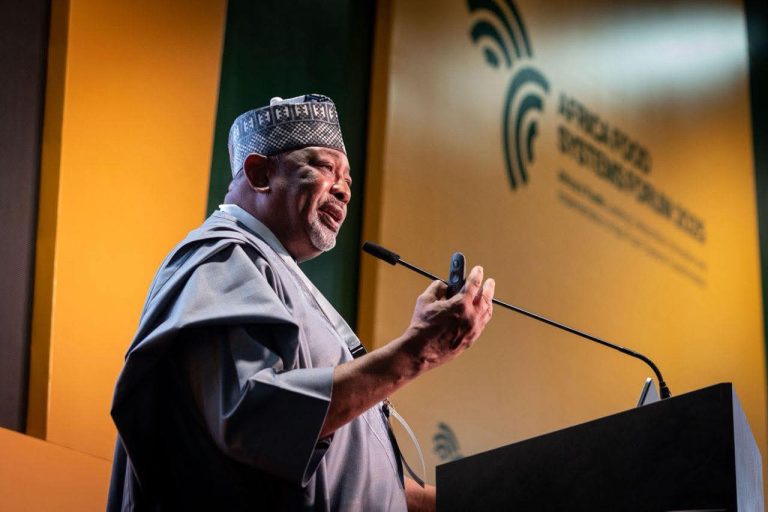The Minister of Agriculture and Food Security, Abubakar Kyari, has said that the Federal Government is implementing humanitarian interventions and emergency responses to mitigate the impact of the ongoing food crisis in Nigeria.
Kyari made the statement on Monday during the distribution of farm inputs to farmers in Akure, aimed at boosting agricultural production and ensuring national food security.
He explained that the government has launched several programmes to tackle the challenges hindering the achievement of Nigeria’s food security objectives.
“The present administration has embarked on bold economic reforms designed to stimulate productive capacity, create jobs, and reduce the cost of living,” Kyari said.
Represented by the ministry’s Director of Extension, Mr. Ayodele Olawumi, the minister noted that the distribution aligns with President Bola Tinubu’s Renewed Hope Agenda.
“In line with the Renewed Hope Agenda, the Federal Government has declared food security a national priority, culminating in the declaration of a State of Emergency on Food Security in July 2023. President Tinubu has demonstrated unwavering commitment to transforming Nigeria’s agriculture sector, with food security as a central pillar of his administration,” he said.
Kyari added that the ministry had reviewed existing programmes to realign them with its core mandate and rolled out initiatives to ensure food is available, accessible, and affordable to all Nigerians. He emphasized that support mechanisms have been designed to make essential farm inputs more affordable and accessible under a transparent and accountable system.
“These interventions aim to increase national food production and ensure stability in food availability and prices,” he added.
Also speaking, the state Coordinator of the Federal Ministry of Agriculture and Food Security, Mr. Sunday Ojo, said the intervention was intended to empower smallholder farmers, enhance productivity, and strengthen resilience within local farming communities.
Ojo noted that agriculture remains the backbone of the state’s economy and that smallholder farmers constitute the majority of the farming population. He explained that providing quality seeds, fertilizers, agrochemicals, and other essential inputs would boost yields, improve livelihoods, and contribute to the nation’s food basket.
He thanked the Federal Government for prioritizing farmers’ welfare and urged beneficiaries to use the inputs judiciously to justify the confidence placed in them.
The All Farmers Association of Nigeria (AFAN), the Small Scale Women Farmers Organisation in Nigeria (SWOFON), and other stakeholders commended the Federal Government for the intervention.
Some of the farm inputs distributed include Pesti Zyme, knapsack sprayers, water pumps, high-pressure sprayers, power tillers, dehydrators, and Ultimax Plus.


